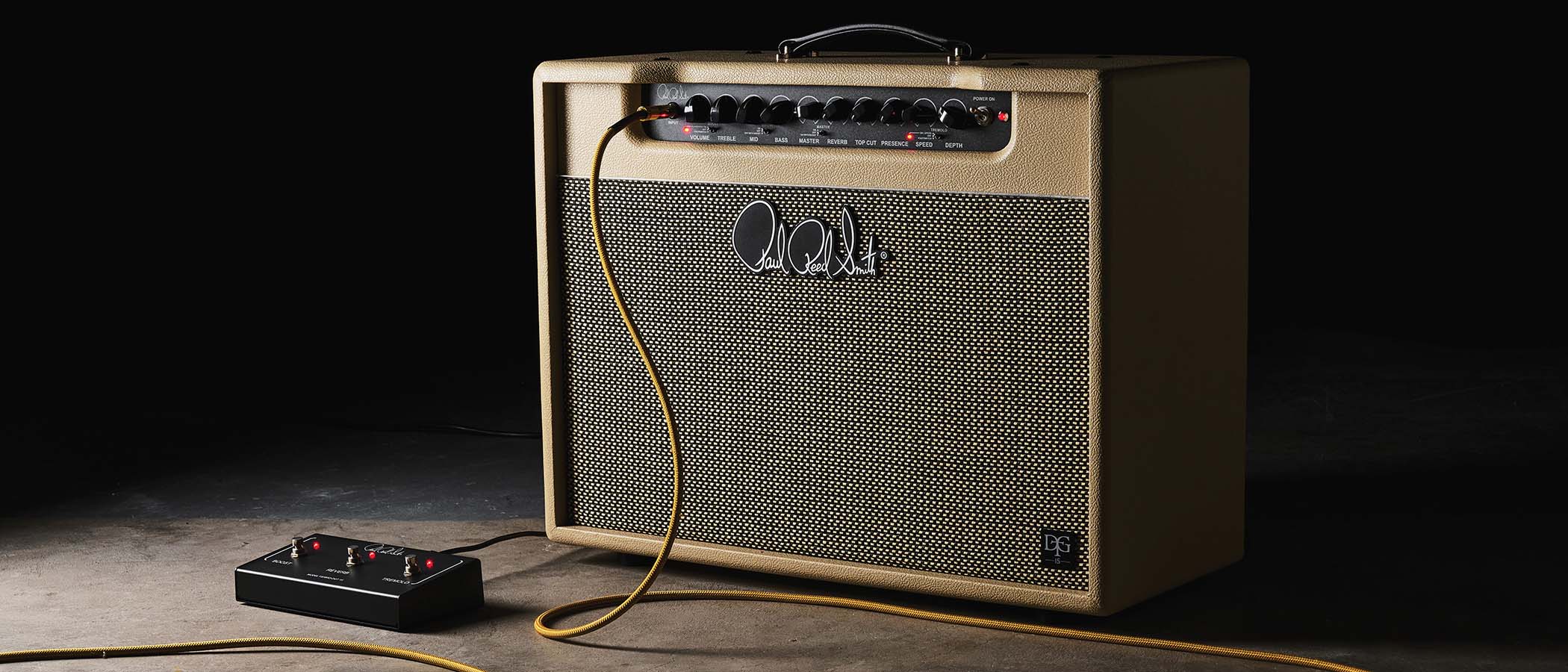“Tony Rice is the closest guy to a shredder that I was fixed on – but he could only influence me so far because I didn’t really understand his vocabulary”: Robbie Fulks on the “miracle” of bluegrass and the ecstasies of improv solos
Don’t plan guitar solos, says this acoustic mastermind – let them fly naturally

All the latest guitar news, interviews, lessons, reviews, deals and more, direct to your inbox!
You are now subscribed
Your newsletter sign-up was successful
When Robbie Fulks was growing up in southeastern Pennsylvania in the ’70s, his notion of guitar virtuosity had little to do with the fretboard-cooking arena rock gods of the day. The players who really blew his mind were from the bluegrass school.
“Doc Watson was a shredder, I guess, but there was so much melody in his playing and a lot of composition, as well,” says Fulks, now 62. “Tony Rice is probably the closest guy to a shredder that I was really fixed on, but he could only influence me so far because I didn’t really understand his vocabulary. What he was doing seemed miraculous to me.”
Fulks also immersed himself in the playing of Robbie Robertson and George Harrison, thanks to his parents’ record collection, and latched onto musical guitar passages like one which Harrison played on Octopus’s Garden, a lick he still plays today.
Landing in Chicago in the ’80s after a stint at Columbia University and playing cafés in Greenwich Village, he began recording his original songs with the late, minimalist recording engineer Steve Albini, who brought brutal ambiance to landmark records by Pixies, Nirvana and PJ Harvey.
For Now Then, his latest studio album, Fulks reincorporated some working habits picked up from his former collaborator. Eschewing the meticulous tracking of the digital era, Fulks and members of his touring – including guitarists Duke Levine and Kevin Barry – recorded live over six days in the desert east of Los Angeles.

The immediacy of the sessions is clear on Now Now Now Now Now, which has the amphetamine jitters of early Elvis Costello and the Attractions, and in the interplay between Fulks and his collaborators. Even the solo parts, such as an extended section on the ballad My Heart, Your Hands, aren’t necessarily designed for any one player.
“There's a pretty long solo section where me, Kevin and Duke are passing ideas around between the three of us, and that's a great example to me of something you couldn't plan,” he says.
All the latest guitar news, interviews, lessons, reviews, deals and more, direct to your inbox!
“You're not really thinking while it's going on, but for some reason an idea will come out of one guitarist, and then somebody else will react. And how do I know that I'm going to react and not Duke, and where the space is going to be? Who the hell knows. It's great.”
- Now Then is out now via Compass.
- This article first appeared in Guitar World. Subscribe and save.
Jim Beaugez has written about music for Rolling Stone, Smithsonian, Guitar World, Guitar Player and many other publications. He created My Life in Five Riffs, a multimedia documentary series for Guitar Player that traces contemporary artists back to their sources of inspiration, and previously spent a decade in the musical instruments industry.
You must confirm your public display name before commenting
Please logout and then login again, you will then be prompted to enter your display name.

